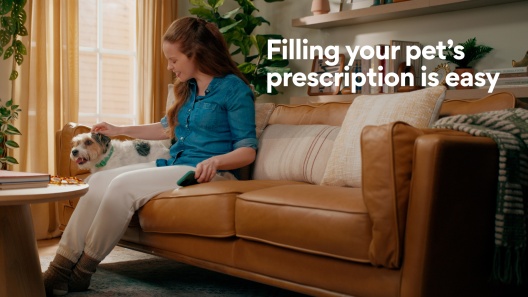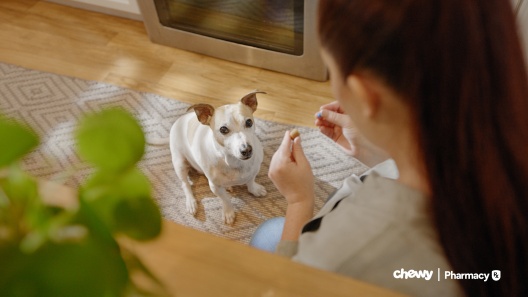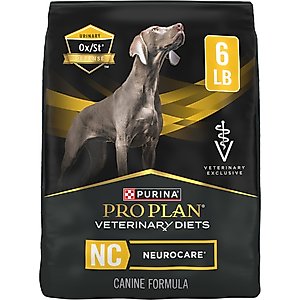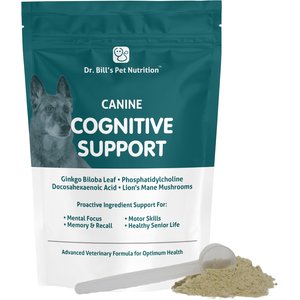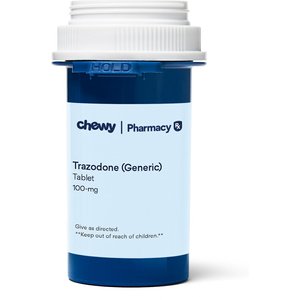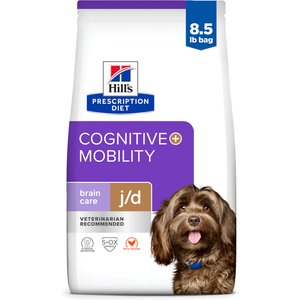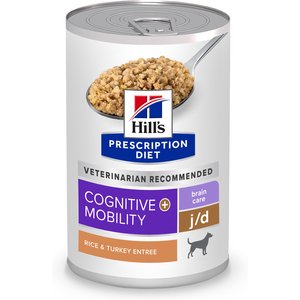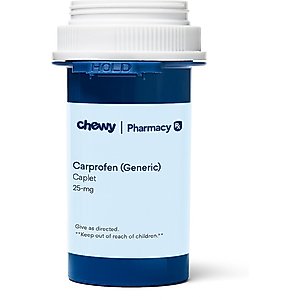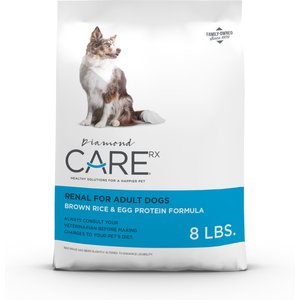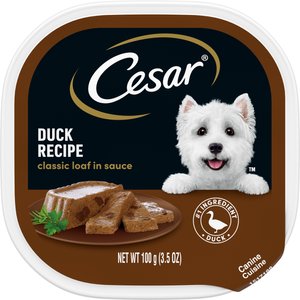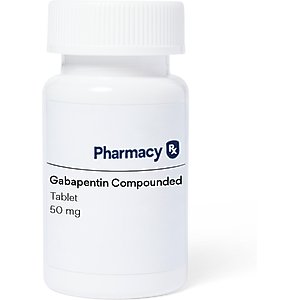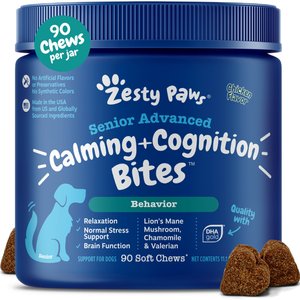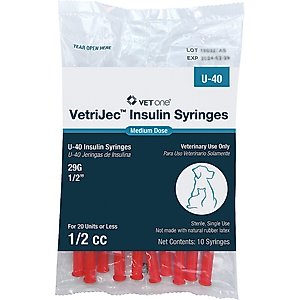Selegiline HCl (Generic) Capsules, 5-mg, 180 Capsules
By Selegiline
Prescription Required
Have a Chewy account?
Sign in to quickly add pet health details.
$157.32 Autoship Price
(-5%)
Keep saving 5% on every order
Never miss a dose with easy refills
Skip, change, or cancel anytime
$165.60 Chewy Price
($0.92 /ea)
In Stock
FREE delivery
Usually arrives in 3-5 days
Prescription approval made easy
We’ll reach out to your vet clinic.
Tooltip Available
Medications ship separately. Delivery times may vary.
Tooltip Available
Frequently bought together
- Gabapentin (Generic) Capsules, 100-mg, 1 capsule$0.08 Chewy Price$0.08 Autoship PricePromo, Save 20% On First Rx Order With Code: RX20 +1 deal
- Prescription Item
- Purina Pro Plan Veterinary Diets Neurocare Dry Dog Food, 6-lb bag$49.99 Chewy Price$47.49 Autoship PricePromo, Save 50% on your first Autoship
- Dr. Bill's Pet Nutrition Canine Cognitive Support Brain & Nervous System Senior Dog Supplement Powder, 180-gm pouch$44.99 Chewy Price$42.74 Autoship PricePromo, New Customers Only: Spend $49+, Get $20 eGift Card +2 deals
- Trazodone (Generic) Tablets, 100 mg, 1 tablet$0.17 Chewy Price$0.16 Autoship PricePromo, Save 20% On First Rx Order With Code: RX20 +1 deal
- Prescription Item
- Hill's Prescription Diet Brain Care + j/d Joint Care Chicken Dry Dog Food, 8.5-lb bag$58.99 Chewy Price$56.04 Autoship PricePromo, Buy select food, Get 20% off select supplements
- Hill's Prescription Diet Brain Care + j/d Joint Care Rice & Turkey Wet Dog Food, 13-oz can, case of 12$62.99 Chewy Price$59.84 Autoship Price
- Carprofen (Generic) Caplets for Dogs, 25-mg, 1 caplet$0.34 Chewy Price$0.32 Autoship PricePromo, Save 20% On First Rx Order With Code: RX20 +1 deal
- Prescription Item
- Diamond Care RX Renal Formula Adult Dry Dog Food, 8-lb bag$19.99 Chewy Price$18.99 Autoship PricePromo, New Customers Only: Spend $49+, Get $20 eGift Card
- Cesar Classic Loaf in Sauce Duck Recipe Dog Food Trays, 3.5-oz, case of 24$27.36 Chewy Price$33.36 List Price$25.99 Autoship PricePromo, New Customers Only: Spend $49+, Get $20 eGift Card
- Gabapentin Compounded Bisect Tablet, 50 mg, 1 tablet for Veterinary use$0.66 Chewy Price$0.63 Autoship PricePromo, Save 20% On First Rx Order With Code: RX20 +1 deal
- Prescription Item
- Zesty Paws Senior Advanced Calming + Cognition Bites Chicken Flavor Soft Chews Composure Supplement for Dogs, 90 count$42.97 Chewy Price$40.82 Autoship PricePromo, Save 50% on your first Autoship +2 deals
- VetOne VetriJec Insulin Syringes U-40 0.5-in x 29G, 0.5-cc, 10 syringes$2.70 Chewy Price$2.56 Autoship PricePromo, Save 20% On First Rx Order With Code: RX20 +1 deal
- Prescription Item
